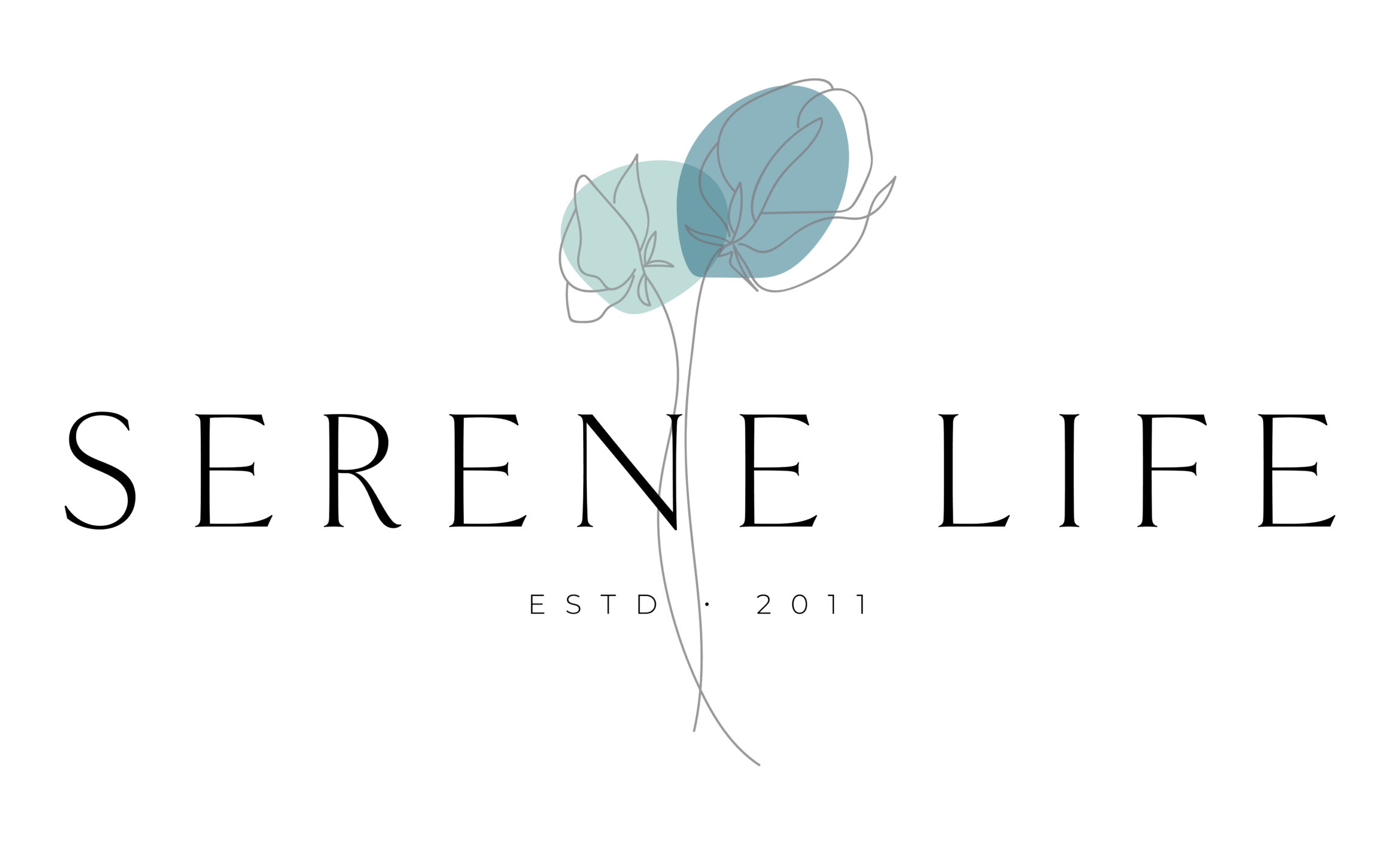


Did you know that any emotion we experience lasts for only a few seconds?
Hard to believe, right?
It’s true. In neuroscientist Jill Bolte-Taylor’s memoir, My Stroke of Insight, she notes that the physiological lifespan of an emotion in the body and brain is 90 seconds. The sensations—adrenaline, heat in the face, tightness in the throat, rapid heartbeat—arise, peak and go away on their own.

I know it doesn’t feel like that could possibly be true. But if you really think about it, you’ll realize that it’s not the actual emotion that lasts longer than that, it’s the story we tell ourselves about it that causes it to grow.
Let’s look at a possible scenario:
Let’s suppose that someone criticizes you. No one likes to be criticized. You’re likely to feel hurt by the criticism. But then you remember the time someone criticized you before and how mad you got. You felt awful and it took you a long time to feel better about yourself. Then you get angry because the person that criticized you wasn’t any better than you, if you could tell them what irritated you about them they would feel what you feel ….. and the story goes on and on until you’re so mad you can’t think about anything else except how unfair this all was!
It’s the story, not the event, that triggers the lasting emotion.
You get the picture? Did the initial emotion of feeling hurt really last longer than the initial 90 seconds? Or did the emotion grow stronger and continue on and on because of the story that you were telling yourself?
There’s good news here
The good news is that we can consciously work on choosing not to allow our thoughts to move into a story when an emotion is triggered. We can choose to recognize the emotion and let it go or simply tell ourselves another story. Instead of ruminating about how unfair the criticism was or what a horrible person they were, we could tell ourselves something like, “I’m going to tell myself a new story. Whether or not their criticism is justified, I can choose to let the thought go.”
When we actively work on reframing our thoughts and choosing more positive, empowering thoughts, we gradually gain more and more control over how we feel. We no longer feel like we are at the mercy of any negative event that happens to us. We can choose to simply move on without feeling reactive defensiveness or needing to judge. We get our lives back.
I hope you’ve enjoyed this post. Until next time …..



